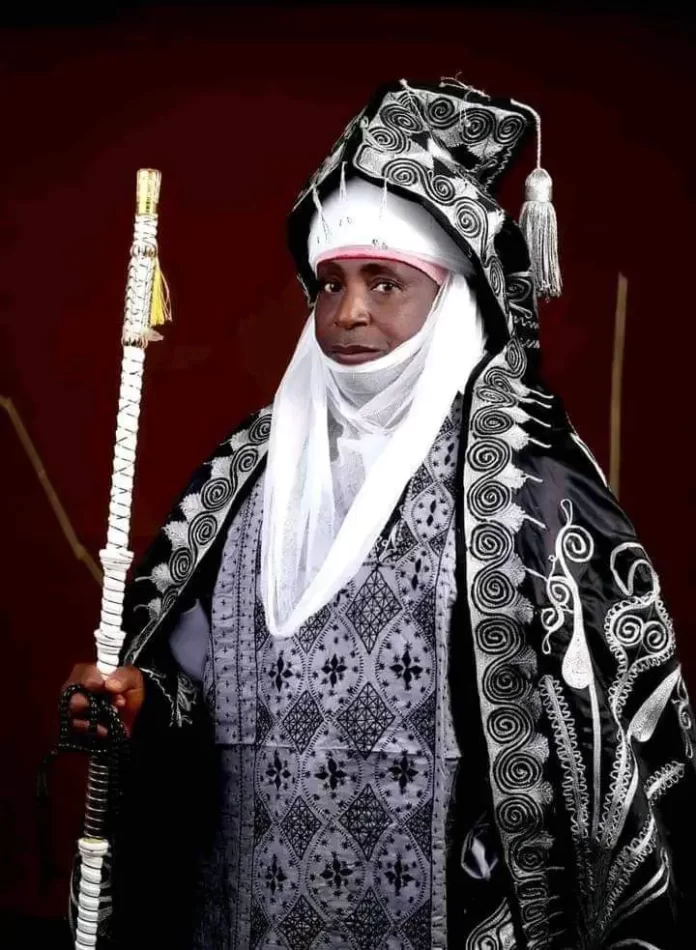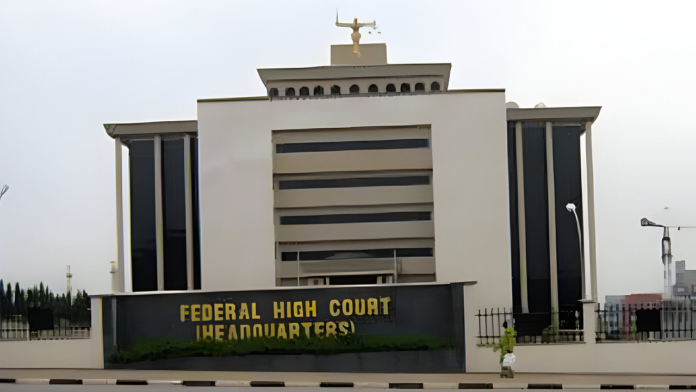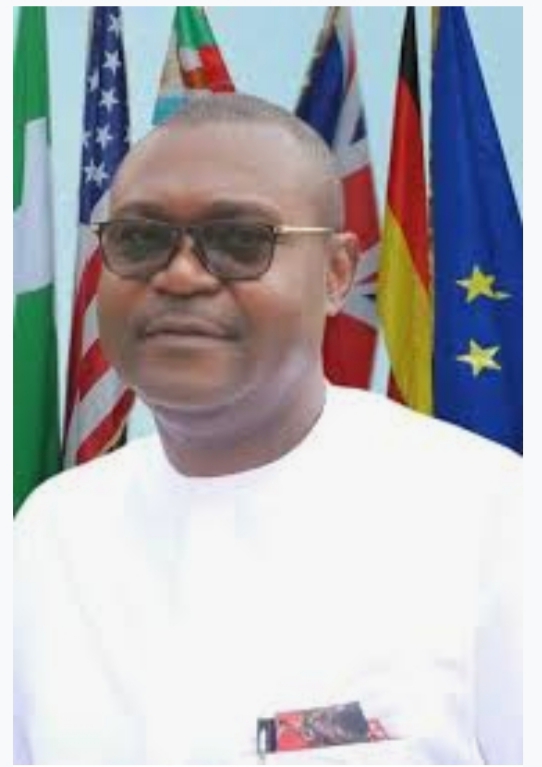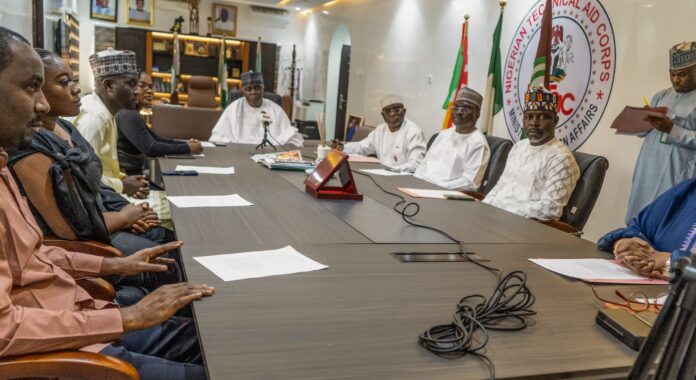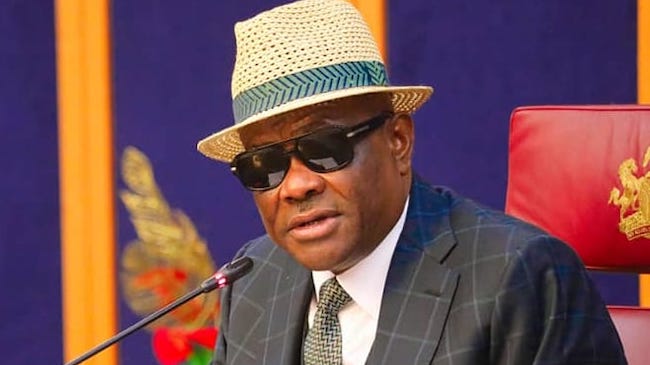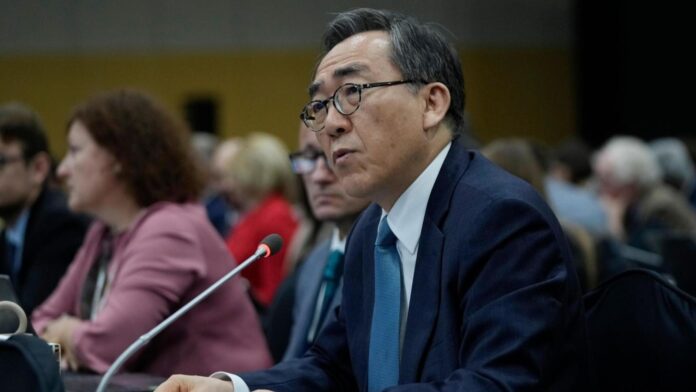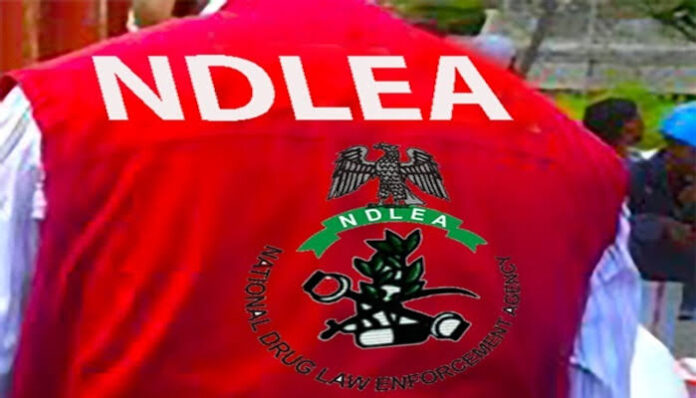BY ANTHONY OCHELA, ABUJA
Justice John Tsoho, the Chief Judge (CJ) of the Federal High Court, has disclosed that the court carried over 152,469 cases from the previous year, indicating that the judges have to brace up as there is more work ahead to be done.
Justice Tsoho said during the 2024/2025 legal year, 13,648 new cases were filed, 10,148 cases were disposed of, leaving a backlog of 155,969 cases carried into the current legal year.
Justice Tsoho revealed these figures during the special legal year session held in Abuja, where he detailed the court’s performance metrics.
Of the pending cases, 43,030 are civil matters, 41,335 are criminal cases, 28,760 involve fundamental rights enforcement, and 42,844 consist of Asset Management Corporation of Nigeria (AMCON) cases, petitions, and motions.
Justice said despite the heavy workload, the court noted significant achievements, attributing these accomplishments to the appointment of 23 additional judges in late 2023, which he said had a visible impact on the court’s operations.
“We have done well in the face of our enormous jurisdiction, notwithstanding that eight of our judges were elevated to the Court of Appeal Bench within the period under review,” the Chief Judge stated.
The Chief Judge also identified key advancements, including the adoption of two pivotal practice directions: the Federal High Court (Cape Town Convention and Aircraft Protocol) Practice Directions, 2024, and the Federal High Court (Asset Management Corporation of Nigeria) Proceedings Rules, 2024.
He explained that the Cape Town Convention practice directions align with international standards, ensuring the enforcement of contracts of sale, security interests, leases, and conditional sale agreements.
Justice Tsoho emphasized that this initiative enhances Nigeria’s appeal as a global business hub by promoting uniformity and predictability.
He added that the AMCON proceedings rules provide a specialized framework for resolving non-performing loans and facilitating a more efficient and transparent process for all stakeholders.
Justice Tsoho criticised what he termed as the current pervading attitude of some lawyers , litigants and public commentators of launching virulent attacks in media, against judges and their decisions, describing it as a dangerous practice undermining judicial integrity and the rule of law.
“These attacks, often initiated by disgruntled lawyers, litigants, and public commentators, reflect a misunderstanding of the judicial process and an attempt to gain public attention at the expense of judicial integrity,” he said.
The court emphasized that dissatisfied litigants should utilize the appeal process or file complaints with the National Judicial Council (NJC) in cases of alleged judicial misconduct.
Resorting to media criticism, the Chief Judge warned, deviates from lawful avenues and undermines the judiciary’s role.
The Chief Judge expressed concern over malicious petitions and public campaigns against judges, particularly by some politicians and legal practitioners.
He accused certain lawyers of attempting to influence judgments and maligning judges when these attempts fail.
“The judiciary must not be cowed by such antics,” Justice Tsoho declared, adding that these actions jeopardize judicial independence and erode public trust in the judiciary.
The Chief Judge called on the Nigerian Bar Association (NBA) to address misconduct within its ranks, emphasizing the need to uphold ethical standards.
He also advocated for the revival of contempt proceedings to protect the judiciary’s integrity.
Justice Tsoho clarified misconceptions surrounding bail bonds, explaining that a bail bond is not an immediate payment but a surety’s guarantee that the accused will attend court proceedings.
According to him this clarification aims to dispel misinformation and discourage undue criticism of judges over bail-related issues.
Also speaking at the event, the President of the Nigerian Bar Association, Mazi Afam Osigwe, SAN, regretted that there is a public perception that the chandling of electoral and political matters by the judiciary indicates money is playing a part in court decisions.
Mazi Osigwe also warned that said perceptions especially by foreign economic investors could gamble enthusiasm in Foreign Direct Investments and generally harm the nation’s economy.
On his part, Kanu Agabi, SAN, a former Minister of Justice and Attorney-Generation, AGF, urged a new paradigm shift in the activities of the Bench and the Bar to surge up its moral cade.
Agabi also charged judges and lawyers to be morally strong in the face of the menace they confront daily, so that the perceptions that lawyers tempt judges with the proceeds of corruption and then blaming them when they fail to succumb to such evil machinations will be adequately addressed.


